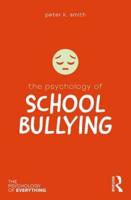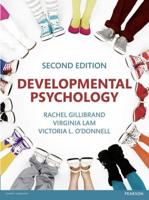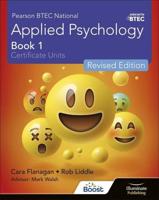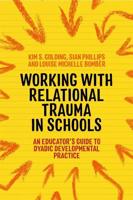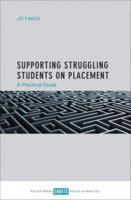Publisher's Synopsis
In this landmark study, authors Stan Davis and Charisse L. Nixon add youth voices to the national debate about bullying and peer mistreatment. Provided in these pages is a detailed analysis of findings from their survey of over 13,000 students across 31 schools in the United States—plus suggestions for meaningful change based on students' responses.
Youth Voice Project includes an overview of the project's rationale and methodology, a description of the characteristics and impact of peer mistreatment, and an analysis of the effectiveness of various types of response to peer mistreatment: self-actions, peer-actions, and adult actions.
Students' views of what works—and doesn't work—in response to bullying are enlightening and sometimes surprising: When asked what made things better or worse in a bullying situation, youth reported that actions involving peer alliance and friendship made things better and that it was effective to access help from others. However, some classic adult advice for youth on bullying, such as “telling them to stop” and “telling them how they're making you feel,” could actually make things much worse.
Bridging the gap between research and practice, the text offers much-needed direction for educators, administrators, parents, and all other stakeholders. Conclusions focus on ways to make schools safe, inclusive, and supportive environments for learning—specifically, by promoting efforts to improve school connections, social equity, and what the authors call the “Four Rs”: respect, relationships, resiliency, and responsiveness.

